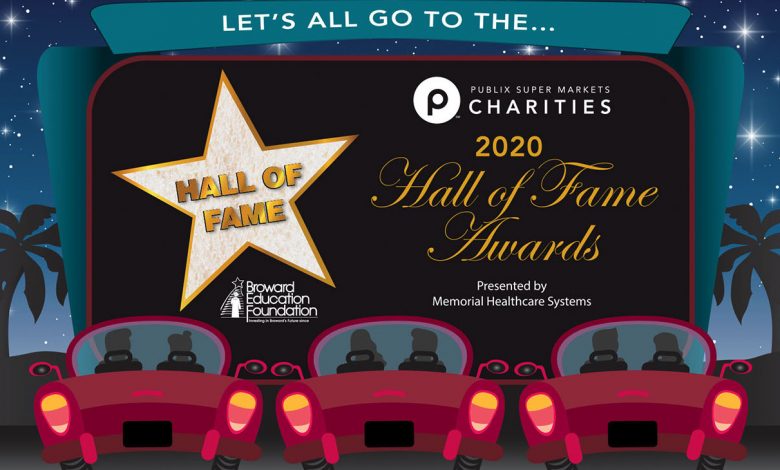
Broward Education Foundation Announces Alumni Honorees for the Publix Super Markets Charities 2020 “Hall of Fame” Awards
Eight community luminaries and champions in education who are alumni of Broward County Public Schools to be honored
FORT LAUDERDALE, FL – An NFL Hall of Famer, national recording artists and a captain in the United States Coast Guard are among the distinguished Broward County high school alumni who have made their mark on local communities and will be honored by Broward Education Foundation during the Publix Super Markets Charities 2020 “Hall of Fame Awards” presented by Memorial Healthcare System on Saturday, December 5 at 6 p.m. The outdoor drive-in celebration will take place at William T. McFatter Technical College and High School, 6500 Nova Drive in Davie.
As with all events, COVID has changed the plans for this year’s Hall of Fame. Taking extra precautions and factoring in safety protocols and social distancing measures, Broward Education Foundation will salute this year’s honorees during a first-ever drive-in event. When the sun goes down, the fun begins. Guests will remain in their cars in the high school’s expansive parking lot and watch the awards onstage and on large screens. Audio will be streamed through car radios.
The 2020 Broward Education Foundation Hall of Fame honorees are:
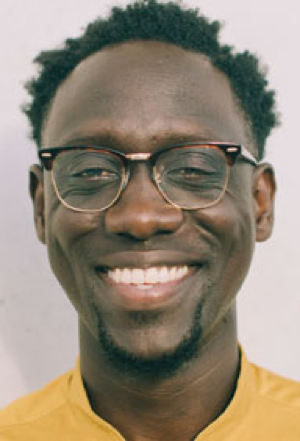
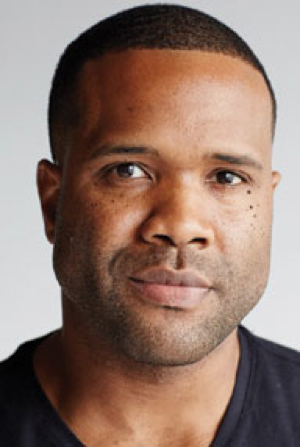
Receiving the JM Family Enterprises, Inc. Bravo Award for their positive impact on the lives of thousands of children are two talented Dillard High School graduates, national recording artists and co-founders of the group Black Violin, Wil Baptiste, class of 2000 and Kevin Marcus Sylvester, class of 1999.
Recipients of the Bank of America Community Achievement Award for significant accomplishments in any field are:

Isaac Bruce, former professional football player and member of the NFL Hall of Fame, owner of Bruce Zone and Dillard High School graduate, class of 1990
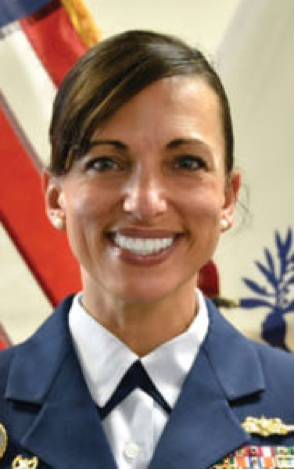
Jo-Ann F. Burdian, Sector Commander and Captain of the Port, United States Coast Guard, Sector Miami and Piper High School graduate, class of 1993

Marty Kiar, Broward County Property Appraiser and Western High School graduate, class of 1995
The three honorees receiving the Office Depot Education Achievement Award for their dedication to a career in public education are:
Amy DeCelle, medical magnet coordinator at Blanche Ely High School and graduate of Piper High School, class of 1993
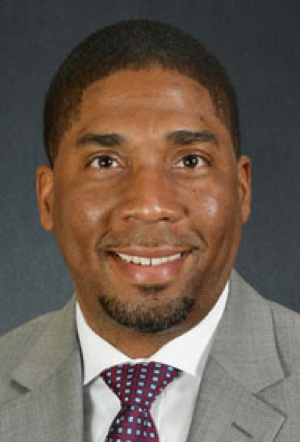
Mark Howard, principal of Hallandale Magnet High School and graduate of Nova High School, class of 1990

Carletha B. Shaw-Rolle, Ph.D., educator and cadre director for Broward County Public Schools and graduate of South Plantation High School, class of 1985
“This year has been anything but ordinary but that should not take away from the extraordinary Broward County public school alumni we are honoring this year during our annual Hall of Fame Awards. We are inspired by their leadership, passion and commitment to education and community,” said Tim Curtin, Broward Education Foundation Board Chair.
“We give a heartfelt thanks to our sponsors for their unwavering support during this very challenging year. We hope the community will join us for this fun and special evening that supports students and teachers in Broward County Public Schools,” added Shea Ciriago, executive director of Broward Education Foundation.
Reminiscent of California’s Hollywood Walk of Fame, Broward’s distinguished alumni are honored with large engraved granite stars on the BrightStar Credit Union “Walk of Fame” permanently located at the Broward County Public Schools District Office, 600 S.E. Third Ave., Fort Lauderdale.
In addition to Publix Super Markets Charities, Memorial Healthcare System, BrightStar Credit Union, JM Family Enterprises, Inc., Bank of America and Office Depot, sponsors include Pirtle Construction, PNC and Wells Fargo.
Sponsorships for this unique event are still available and tickets are $50 per person. For more information, visit
The post Broward Education Foundation Announces Alumni Honorees for the Publix Super Markets Charities 2020 “Hall of Fame” Awards appeared first on The Westside Gazette.
